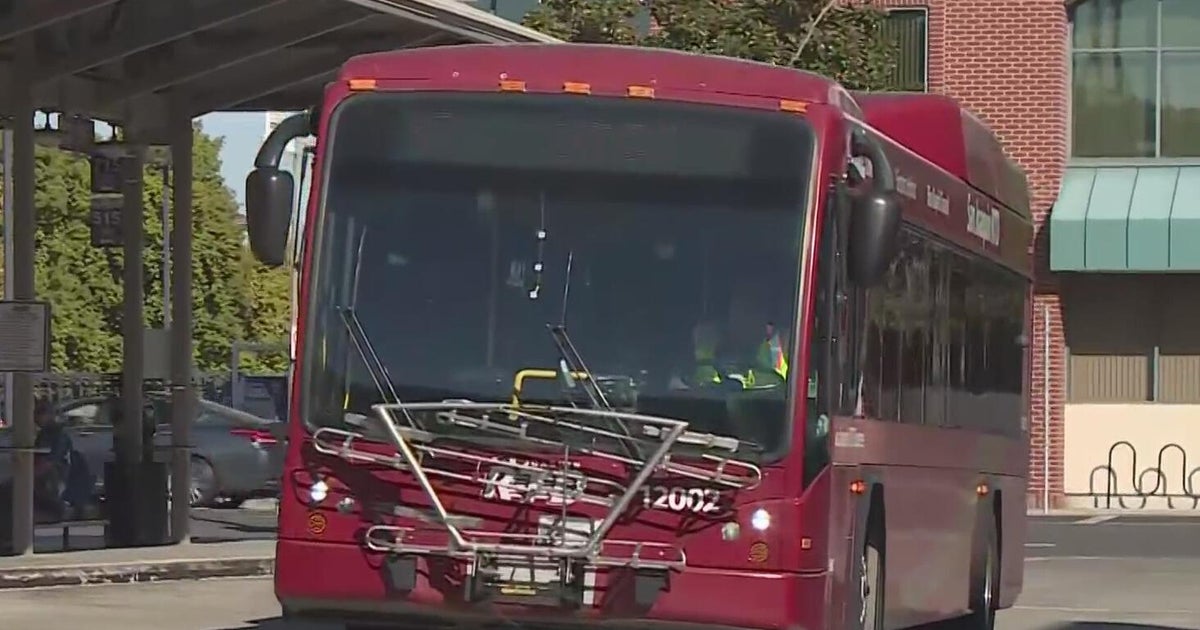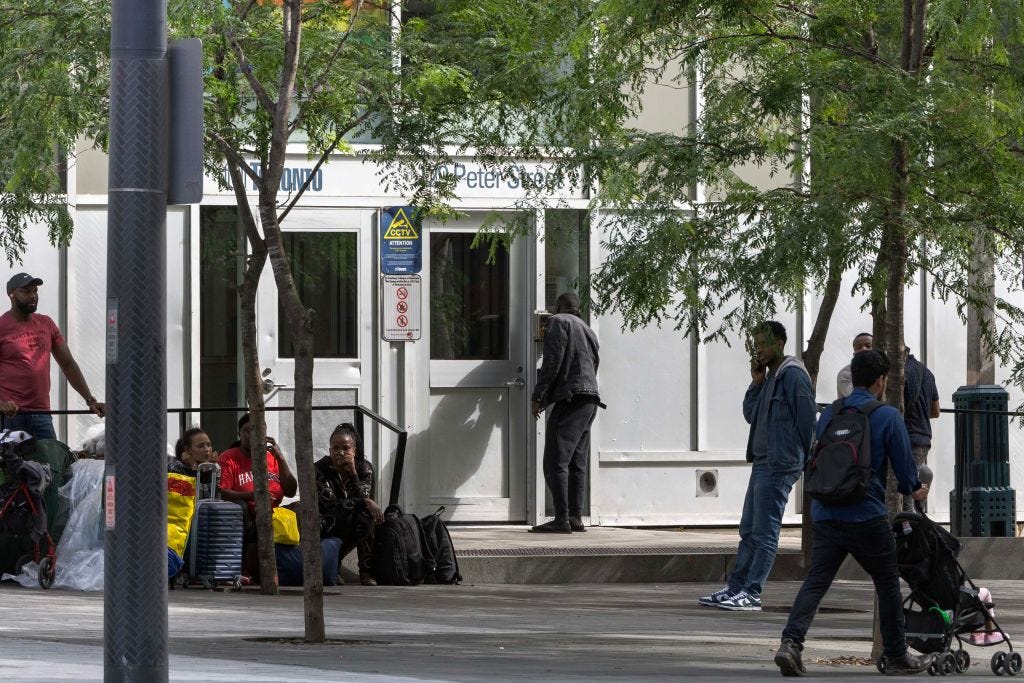Southwest Airlines "held together with duct tape," pilot says
Southwest Airlines Chief Operating Officer Andrew Watterson told lawmakers on Thursday that operational failures caused the holiday travel debacle that led to more than 16,000 flight cancellations and left millions of passengers stranded.
"Let me be clear. We messed up," Watterson told the U.S. Senate Committee on Commerce, Science, and Transportation in a hearing on Thursday. "In hindsight, we did not have enough winter operational resilience."
The holiday flight meltdown sparked outrage among customers as well as investigations from lawmakers and transportation regulators. In some cases, travelers missed their own weddings, were separated from essential medications and were unable to retrieve their belongings, like car seats and winter coats.
"Imagine going without coats in Chicago in December. It's dangerous. And so is putting small children in a car without a car set. It's actually illegal," U.S. Sen. Tammy Duckworth said at the hearing.
The airline has since reunited all customers with their personal belongings, with the exception of 200 pieces of luggage without identifying information, Watterson said.
Watterson described a series of snowballing problems, starting with a winter storm that was worse than they had expected and that were exacerbated by operational shortfalls.
"It became clear that, with the storm severely disrupting our Denver and Chicago Midway stations concurrently, we did not have enough resiliency in our operation for the severe effect this winter event had on us," Watterson said.
Southwest CEO Bob Joran was not present at the hearing.
2 million passengers
An estimated 2 million passengers were affected by the flight chaos, Sen. Maria Cantwell, D.-Washington, noted in the hearing, with many unable to reach Southwest customer service representatives in a timely manner.
Watterson said Southwest's normal customer service response time is between three and nine minutes. But he demurred when pressed to guarantee that passengers would be able to connect with a representative in what Duckworth called "a reasonable amount of time" in the event of another major delay.
"There was no amount of people we could have put in place to handle all the calls because of the scale of the disruption," Watterson said.
"An apology alone, no matter how heartfelt or how often stated, would not suffice to make things right," he added.
The Southwest executive said the company plans to invest $1.3 billion — 25% more than it spent in 2019 — in upgrading and maintaining its computer systems this year and that it has already refunded passengers "hundreds of millions" of dollars.
More than 284,000 passengers submitted reimbursement claims. The airline has fulfilled all but roughly 10,700 of the claims, which were only recently submitted, Watterson said. It has 30 days to process the payments under Department of Transportation rules.
Crew scheduling errors
The company was forced to cancel almost all flights out of Denver, the airport from which it has the most flights, from the evening of December 21 through December 23, and also in Chicago Midway, its second largest airport, from December 22 to December 23.
But because the carrier's flight staff are assigned three-day work periods, many crews in Denver and Chicago couldn't complete their shifts, leaving "subsequent flights in their schedule uncovered," Watterson said.
"With such a large percentage of flights cancelled, for such a long duration, in Denver and Chicago especially, the Southwest Airlines crew network was under severe stress as we entered December 24th," he added.
The travel disruptions contributed to a fourth-quarter loss of $220 million for Southwest, and also could hit the airline's first-quarter results.
Meanwhile, a group of senators wants to enact passenger protections after the holiday flight cancellations from Southwest and others, which would force airlines to compensate flyers during airline-caused delays and cancellations.
"Held together by duct tape"
Capt. Casey Murray, president of the Southwest Airlines Pilots Association, also testified at the hearing. He described the carrier in his prepared remarks as a "complex operation held together by duct tape and baling wire," telling lawmakers that Southwest lost operational control and was unable to keep tabs on where pilots, airplanes and crews were located.
"It was a failure, epically, from top to bottom," he said. "The employees are the ones that did the herculean task of trying to recover."
Lawmakers highlighted the pilots association's "more than two dozen" warnings to Southwest of a potential operational breakdown given its antiquated staff scheduling software, and they pressed Watterson on why Southwest failed to heed its own pilots' concerns about what Murray called Southwest's "brittle" infrastructure.
"This isn't a plug and play. It's got to be holistic," he said.
Although Watterson said harsh wintry weather was the root cause of the delays, he did not dispute that the airline struggled with technological issues.
"The last domino was the crew scheduling system not functioning the way we'd like," Watterson said.
The airline will conduct a systemic review of its own failures and is committed to spending more than $1.3 billion on remedies, if necessary, he said.



